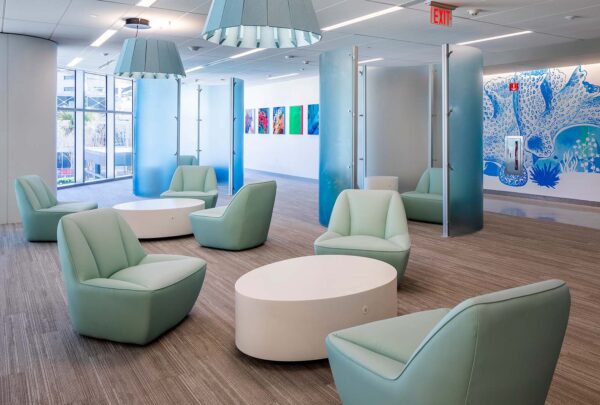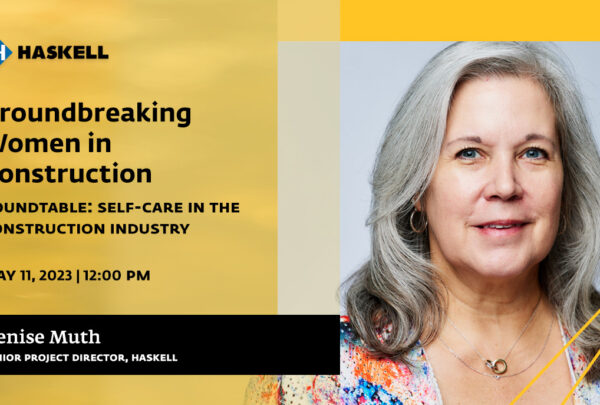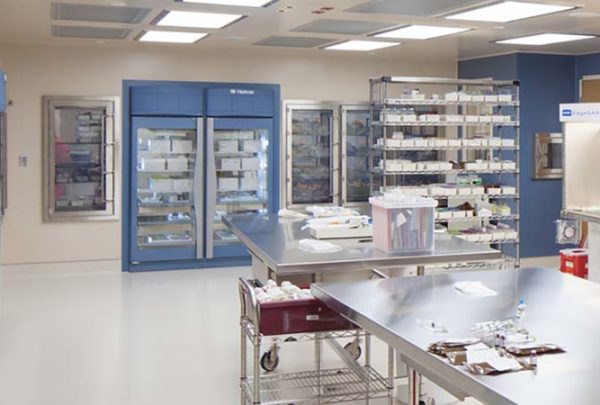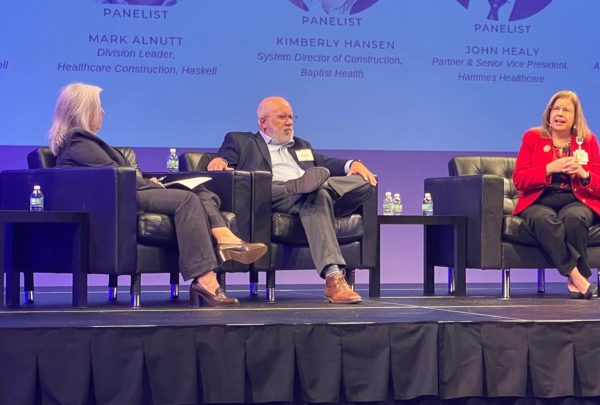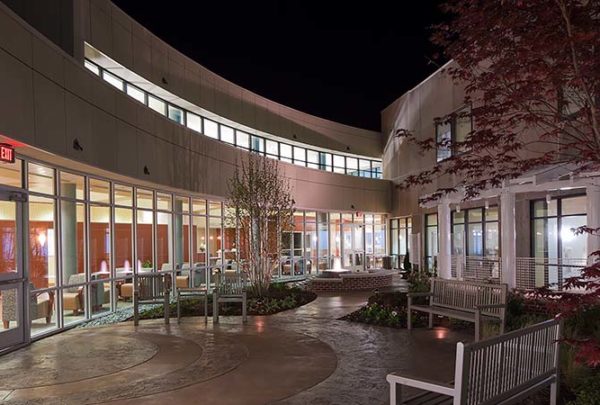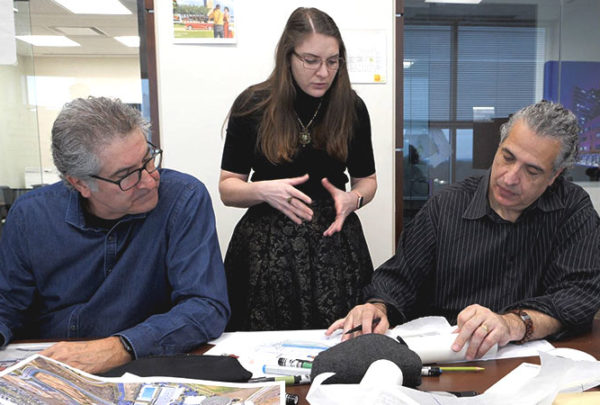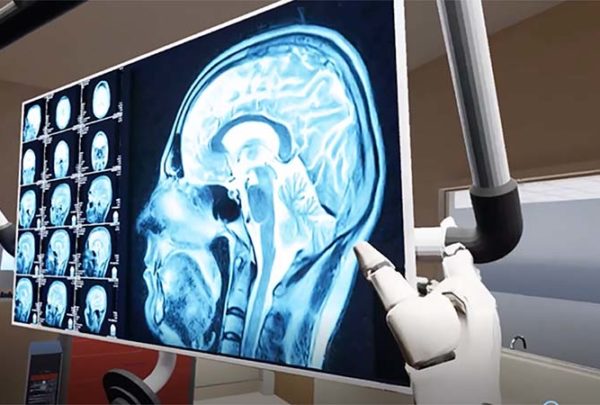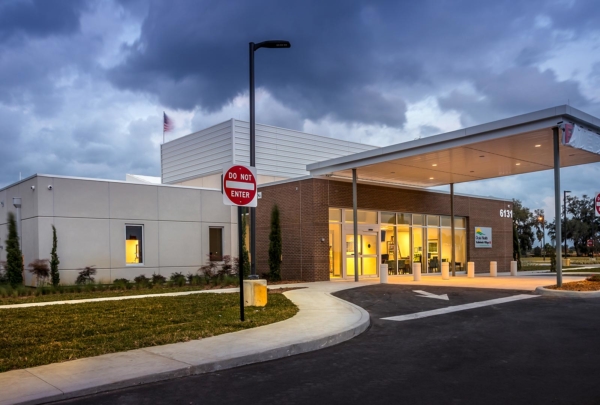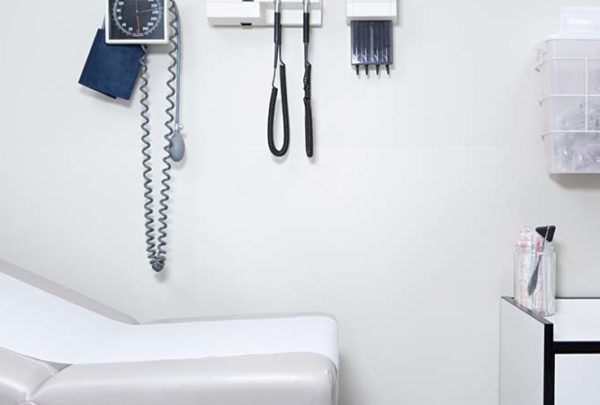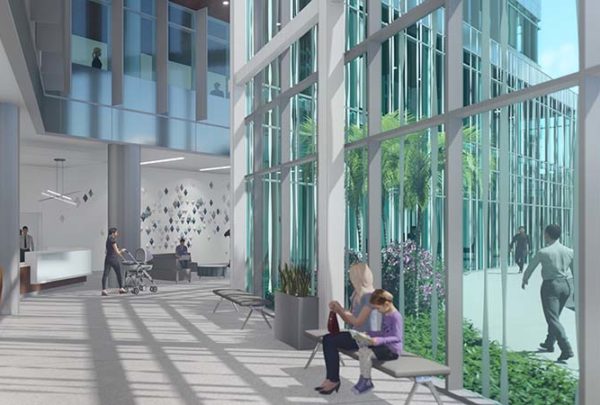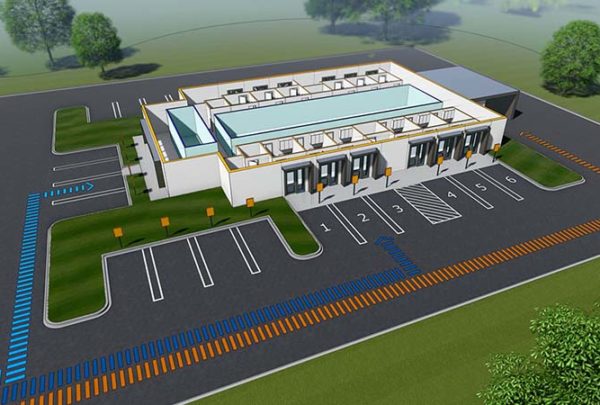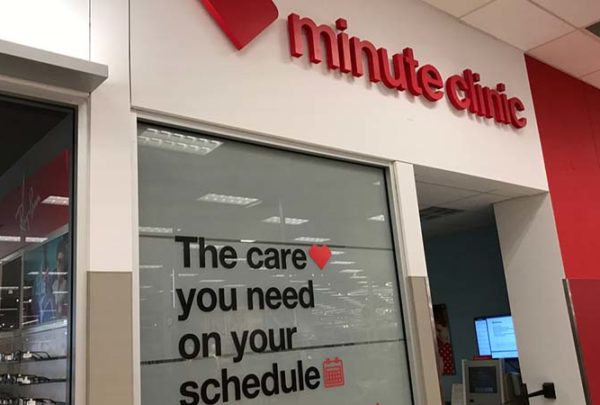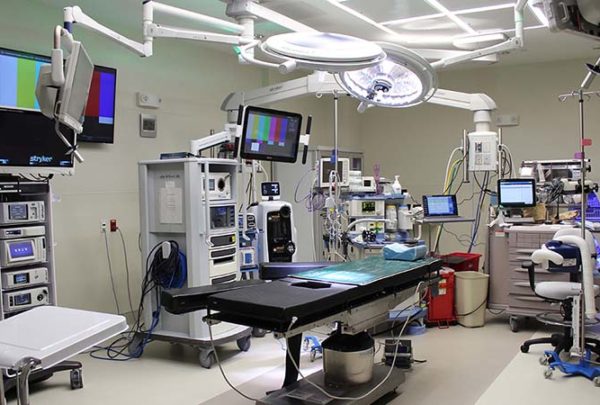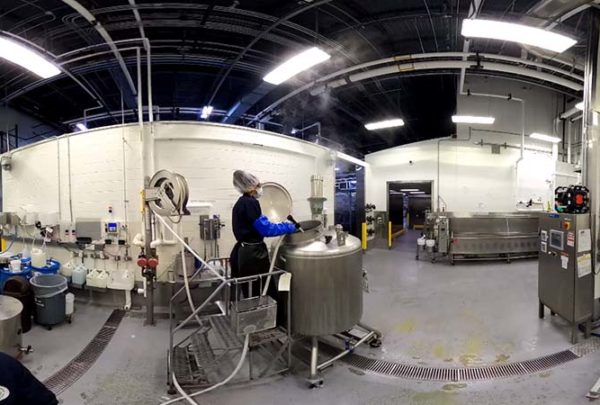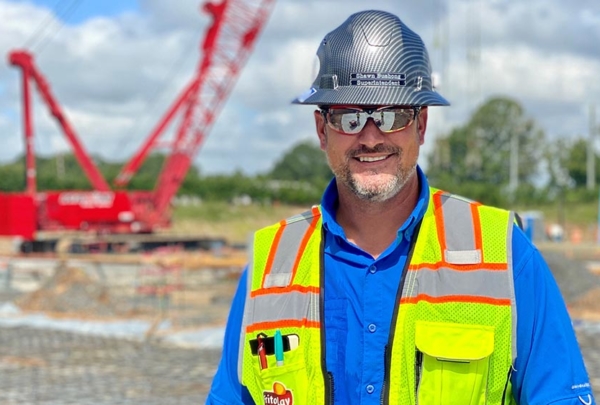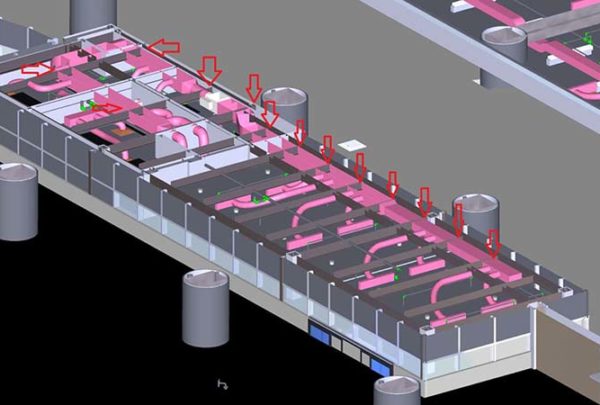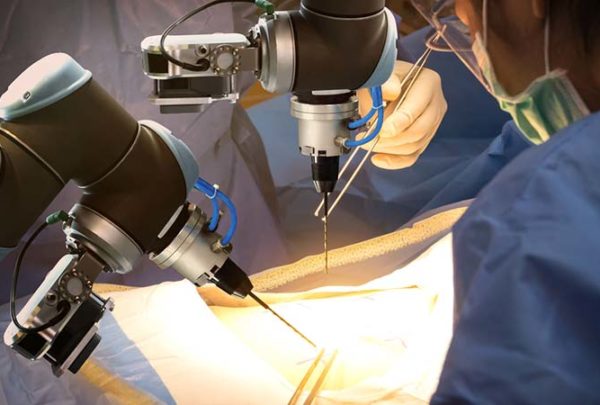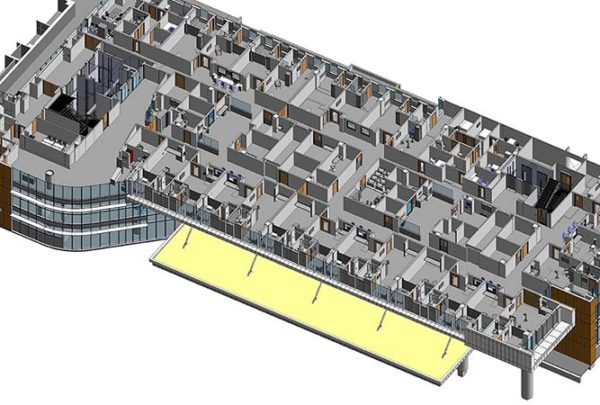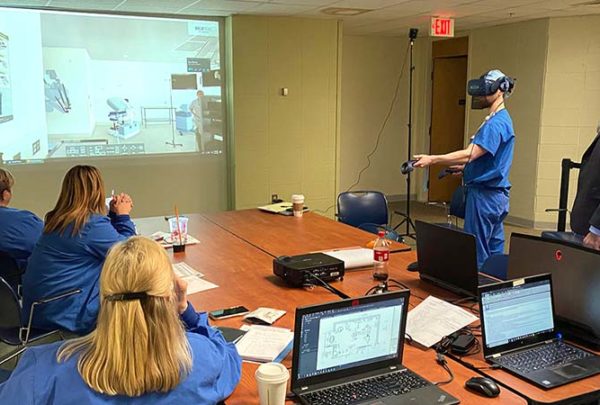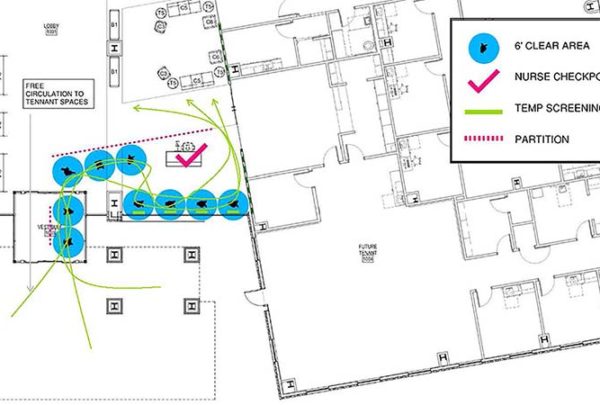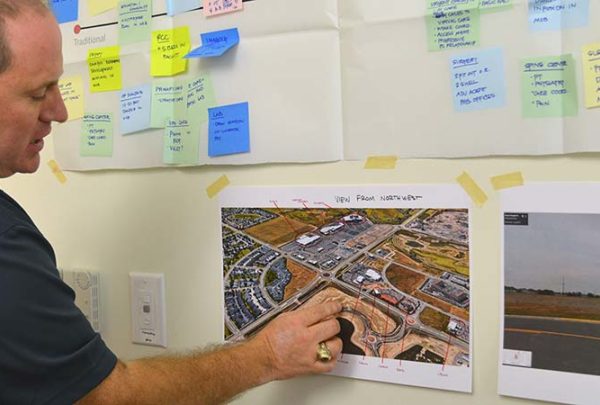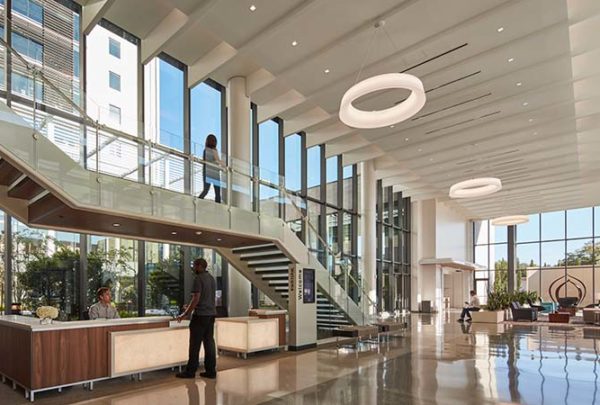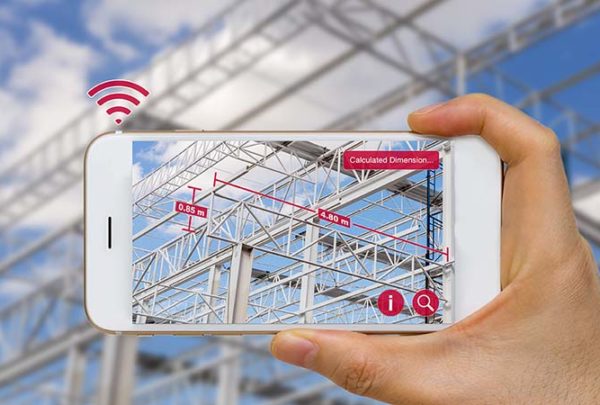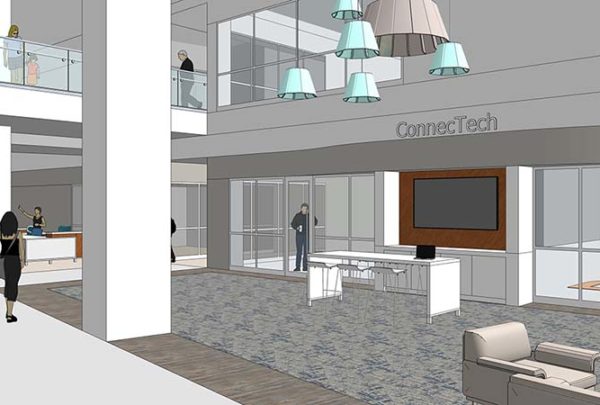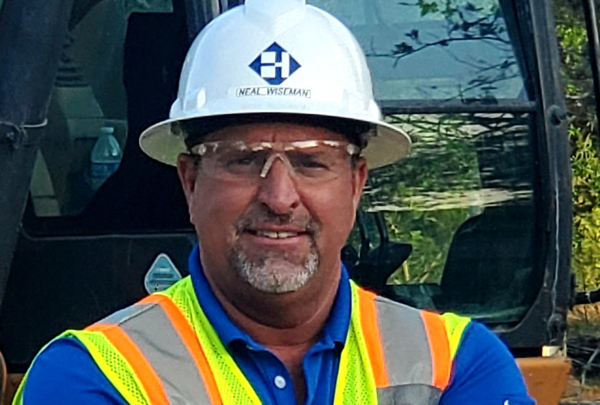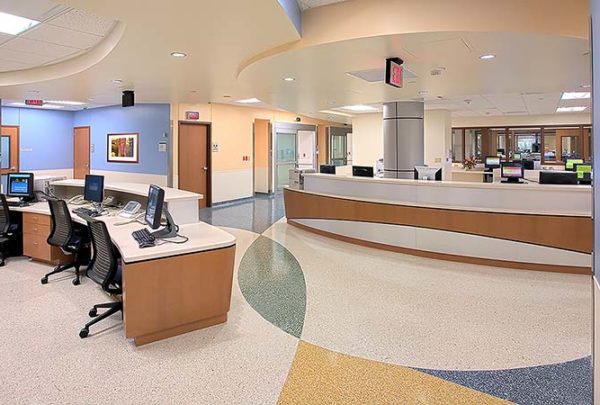When you know how many patients are coming down the pipe, you reap more than just shortening their wait time for a bed. You gain the ability to adjust staffing resources to meet demand and drive efficient patient flow. And you make planning collaboration with other departments a routine way of doing business.
On any given day, a hospital knows its quantity of elective surgical patients because they schedule cases at least a week in advance. They can also predict the number of discharges and unscheduled patients even though they may seem random. With less precision, of course, but determining patterns and average ranges is not rocket science.
Arrival patterns seem chaotic because it’s easy to focus on the sheer number of people in the department. Without demand capacity management tools in place, patient flow bottlenecks create non-value added activities. Such caregiver stressors include performing unplanned care tasks in waiting rooms or hallways.
In studying the data from 300+ hospitals across the country, we found that average volumes per day and per week remain stable. Yet, arrival patterns differ by hospital. At one hospital we work with, the weekends are slow but Tuesdays are busy. At others, Mondays bring a higher volume of Emergency Department (ED) patients and the patients are more acute.
Why not knowing how many patients to expect is a problem
Boarding patients in inadequate space jeopardizes patient safety and certainly hampers patient satisfaction. And, delays in initiating treatment may affect clinical outcomes. These impact not only the caregiver’s stress level but can affect testing and other departments.
Finding an available room becomes more difficult when the patient is a behavioral health patient. Caregivers may need to place this patient in a BH safe room, away from stimulation that may escalate anxiety, or as close to the nurse station as possible, depending upon their situation.
Whatever their mental state, when a bedless admitted patient perceives unpreparedness, they may submit lower patient satisfaction scores. It’s hard to feel welcomed when your arrival causes chaos among the staff.
How to determine how many patients to expect
If you work in an inpatient department
Work with Bed Management to better understand the process and flow of patients into the inpatient unit. And work with the ED, most likely your main patient funnel, to understand their patient flow. You can also try the approach we recommend for ED staff, below.
If you are an ED charge nurse or department manager
With three historical data points and the excel template below, you can quickly see how many patients are admitted each day of the week. The template shows the minimum, maximum, and average number to expect. You can enter your hospital’s daily patient volume, daily admitted volume, and dates in the blue cells. Then the template will calculate the minimum, maximum, and average number of admits in the yellow cells. Mr. or Ms. Smarty Pants may challenge you on the legitimacy of your figures. That’s okay. You can quote the template’s Standard Deviation and 90% Confidence range to placate their concerns.

Once you know how many patients to expect, set up a system
Share with your counterparts
If you work in the ED, share the information with your counterparts on the corresponding inpatient units. Then, when you call to inform them of an impending arrival, you can say, “This is patient 1 of 5 today and we expect #2 in an hour.”
Adopt a “make-ready” or “bed ahead” mindset
If you work on an inpatient unit and you know to expect five new admits tomorrow, keep a mental queue of the five patients today that will become ready for discharge.
Be proactive by initiating early discharge teaching and setting up follow-up care plans. These tasks could include notifying home care of equipment that will need to be available to the patient when they arrive home from the hospital. You may contact a social worker to complete a discharge needs assessment, and discuss transportation plans with the patient and family. Discharge planning starts on admission—“Mr. Jones, who will be assisting you when you go home?”
Establish a daily phone call or a bed briefing huddle
At one hospital with an especially low level of boarding, every department director shares the day’s anticipated events on a 20 minute morning phone call. The ED may say, “Today is our busiest day of the week so I need to get these 5 admits out by noon to make room for incoming patients.” The surgery department may say, “Tomorrow we will have several cases late in the day and running PACU later than normal.”
Align the goals
- Develop hospital throughput goals to support collaborative processes
- Be transparent with the data
- Engage physicians as key stakeholders
- Include feedback from patients and families. Seek input from Patient-Family Advisors who have experienced the hospital from admission through discharge
Ensure that patient hand-offs are efficient
- Define performance targets for timely patient transitions
- Identify barriers to timely handoff reports on both sending and receiving units
- Be open to testing improved methods of handoff
- Use time-limited, Transition or “Bridge” Orders for admitted patients when attending providers cannot see the patient right away
Knowing how many unscheduled patients to anticipate benefits you, the staff as a whole, and the patient. What have you learned by foreshadowing patient arrivals? And do let us know how the template worked for you in the comments section. Have questions? Just ask!





